Step Into Your
Most Vital Leadership
WELCOME TO YOUR BURNOUT REPAIR TOOLKIT
Let's get real about burnout.
Here are four truths about burnout that most of us either are unaware of or are denying:
We tend to overestimate our capacity
Which means we underestimate our actual degree of burnout. The more we normalize burnout, and deny our sensing and body signals, the more we drive ourselves into deeper levels more rapidly.
Our instinct is to "do" something
Navigating recovery from burnout can be a tricky line. There is a difference between designing for retreat & recovery versus redesigning the patterns of your life to get healthier. When you're at the point where you can barely find the energy to talk about how tired you are, you need to do less and retreat inward—not take on more to-do's to your already full list.
Confronting burnout means confronting our beliefs about the rest we all need
We have been programmed in work and life to be skeptical of our needs to rest. These limiting beliefs send us into continuous crash & burn cycles. Deeper down, avoiding our need for rest is avoiding our power (our ability to move energy through systems). Notice if you run any of the following beliefs:
- Rest is for the weak, lazy, or selfish
- Rest is something I do alone
- When I’m resting, I’m falling behind
- Rest is not something we have time for while in crisis
- If you’re not working, you’re parenting
- I’ll rest when the work is done (but the work is never done)
- Work is never-ending. If you come to the end of your to-dos, then you aren’t taking on enough
Being burned out is not all on you
Yes. Your wellbeing is your responsibility. However, when you operate in a system that reinforces patterns not conducive to your own aliveness, no amount of 15m breaks or PTO days is going to change the fact you work in a system designed for your fatigue.
BURNOUT AS CULTURE
Agile. Sprint. Hustle. Grind. Move fast and break things.
Each of these are examples of productivity-worthiness programming that props up a corrosive worldview that is actively harmful to our wellbeing (extractive, oppressive, diminishing).
There's nothing wrong with short periods of intensity. It's when this intensity becomes an enduring expectation, without any structures for renewal to counterbalance this intensity, that things become harmful.
Rather than the conclusion that “I’m not good at self-care” when you find yourself in a community of people that are burned out you can take it instead as a broader symptom of collective saturation.
This is why aliveness is a revolutionary metric. It’s not dollars. It’s a metric that allows you to detect when you (or the system you are in) are reaching your limits.
Your level of burnout will determine the right repair strategies to pursue.
Did you find your way here without taking your Wayfinding Burnout Assessment? Get your results now before reading further.
WHAT TO DO: Chronic Burnout
WHAT TO DO: Burnout
WHAT TO DO: Chronic Stress
WHAT TO DO: Periodic Stress
WHAT TO DO: Healthy Stress
Ways to Address Burnout & Focus on Your Vitality
At its core burnout is about an imbalance of energy - some combination of excess and deficiency. Rather than focusing on being burned out, we invite you to focus on your vitality.
Vitality is about your potency, which does not come from doing more. It comes from rearchitecting your energetic systems and your choices.
Ask yourself these questions when you are ready to go deeper into this level of life design:
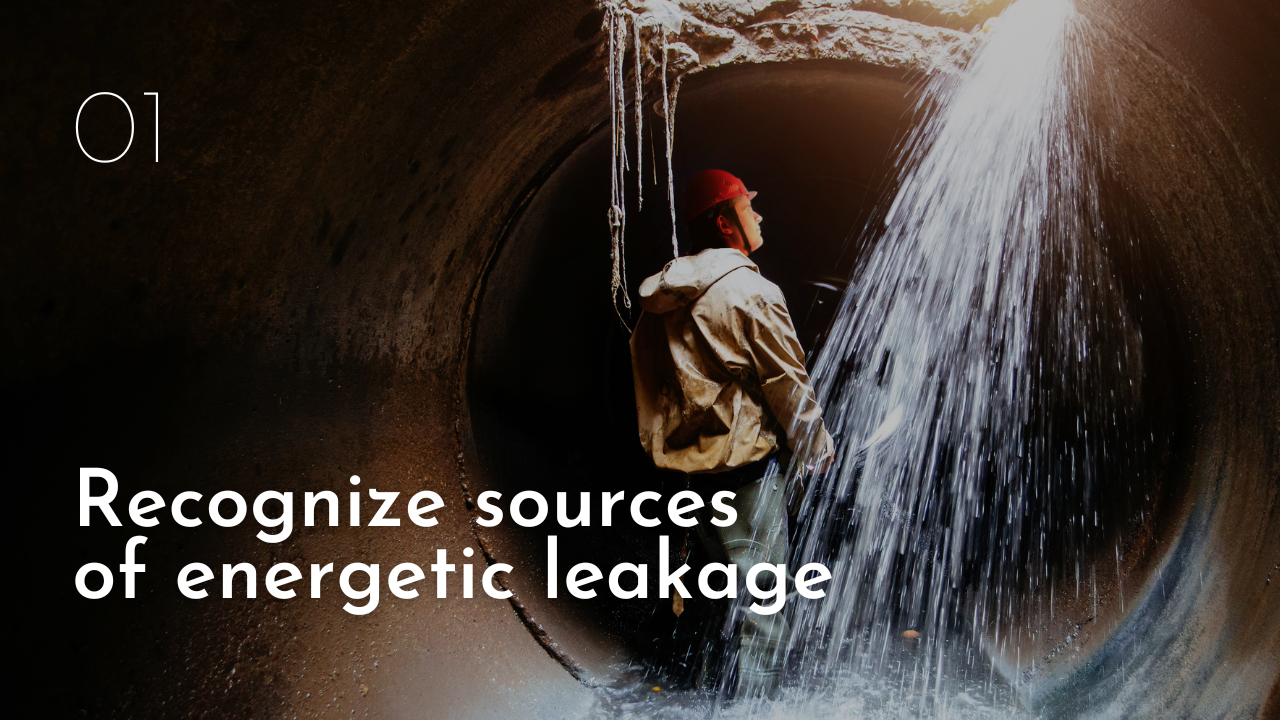
- Where are you giving away your energy? (e.g. scrolling in the middle of the night, attending meetings to that are a waste of your time to be polite)
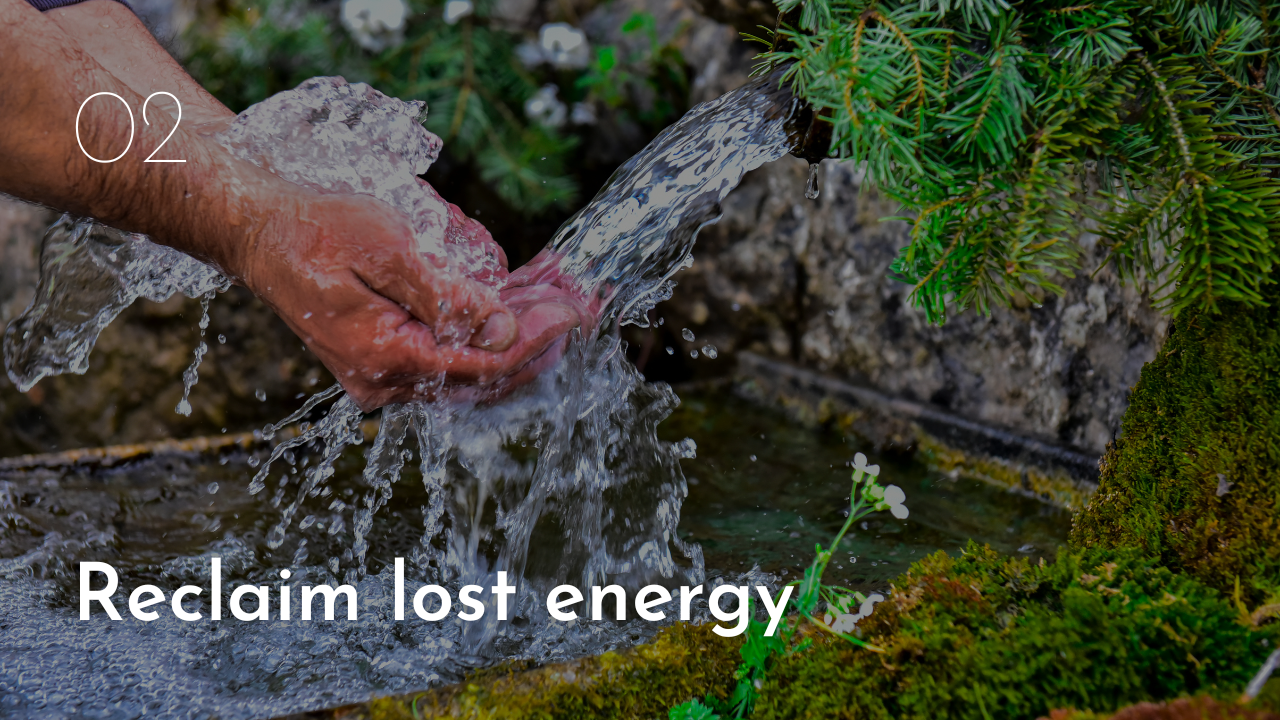
- In what ways have you violated your own boundaries and values? How can you reclaim your integrity by honoring those commitments to yourself? (e.g. saying “yes” even when you really don’t have the capacity).
- What perspectives have you been holding or stories have you been telling yourself that are a waste of time and energy to think about? Can you let them go? What aspects of your situation are truly fixed, and which can you change?
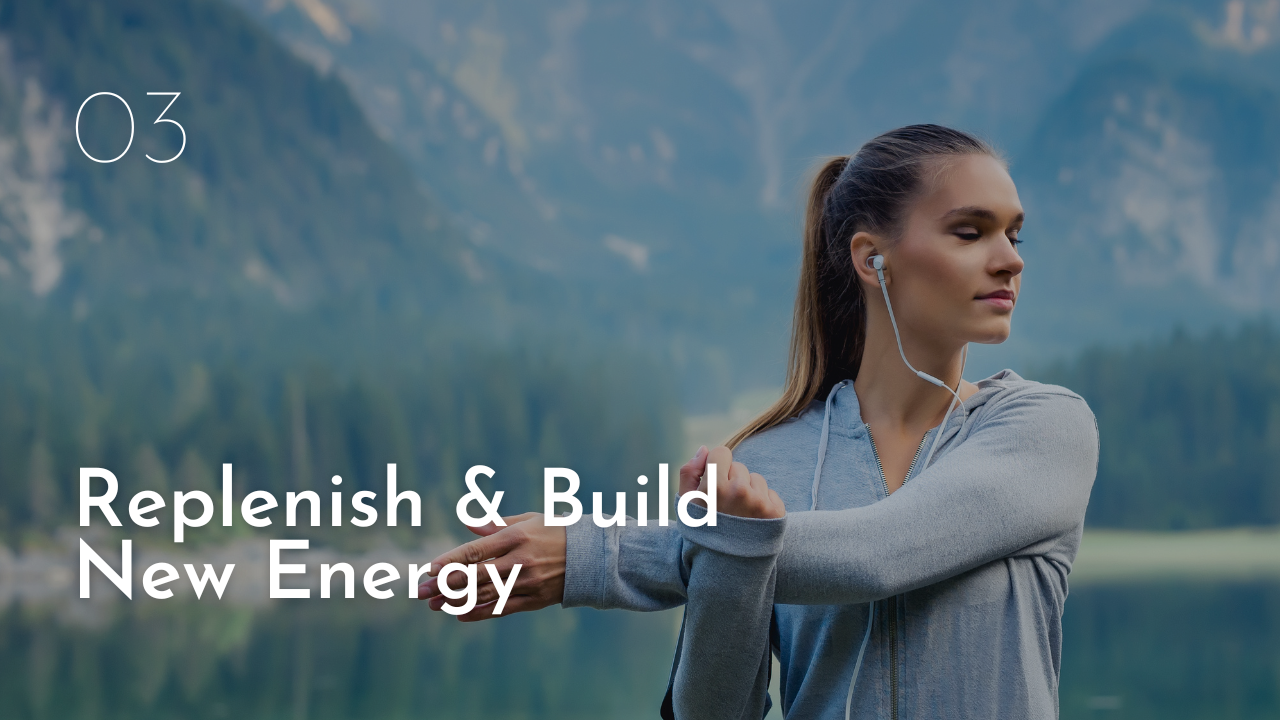
- What part of your self-care can you focus on to reclaim your energy? Go back to basics. In what ways can prioritize better sleep, nutrition, exercise, social connection, connection to nature, or whatever helps you feel still, restored, and alive?
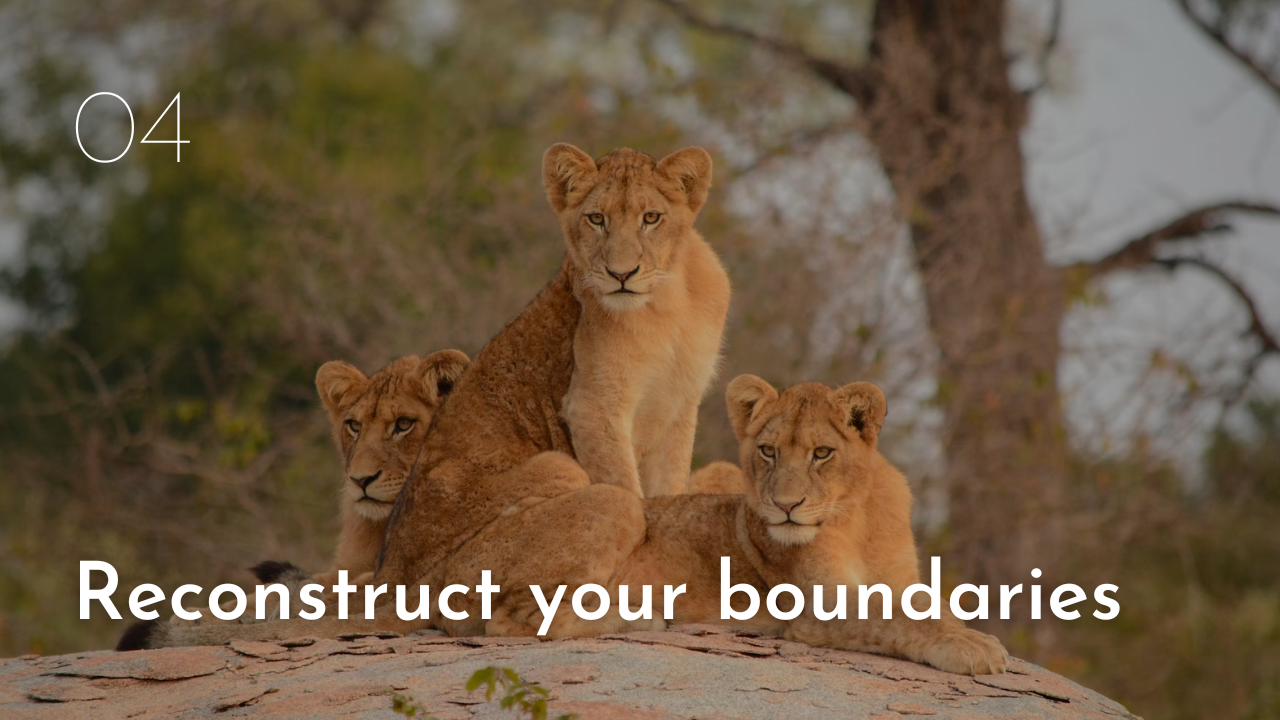
- In what relationships are you allowing yourself to be caught up in drama? (e.g. as indignant persecutor, arrogant savior, or the helpless and complaining victim). How can you step out of this dynamic?
- What personal limits can you visualize and name? How will you communicate about these boundaries? If (or when) someone crosses this boundary how will you reiterate and uphold it? Are you ready to say “No”?
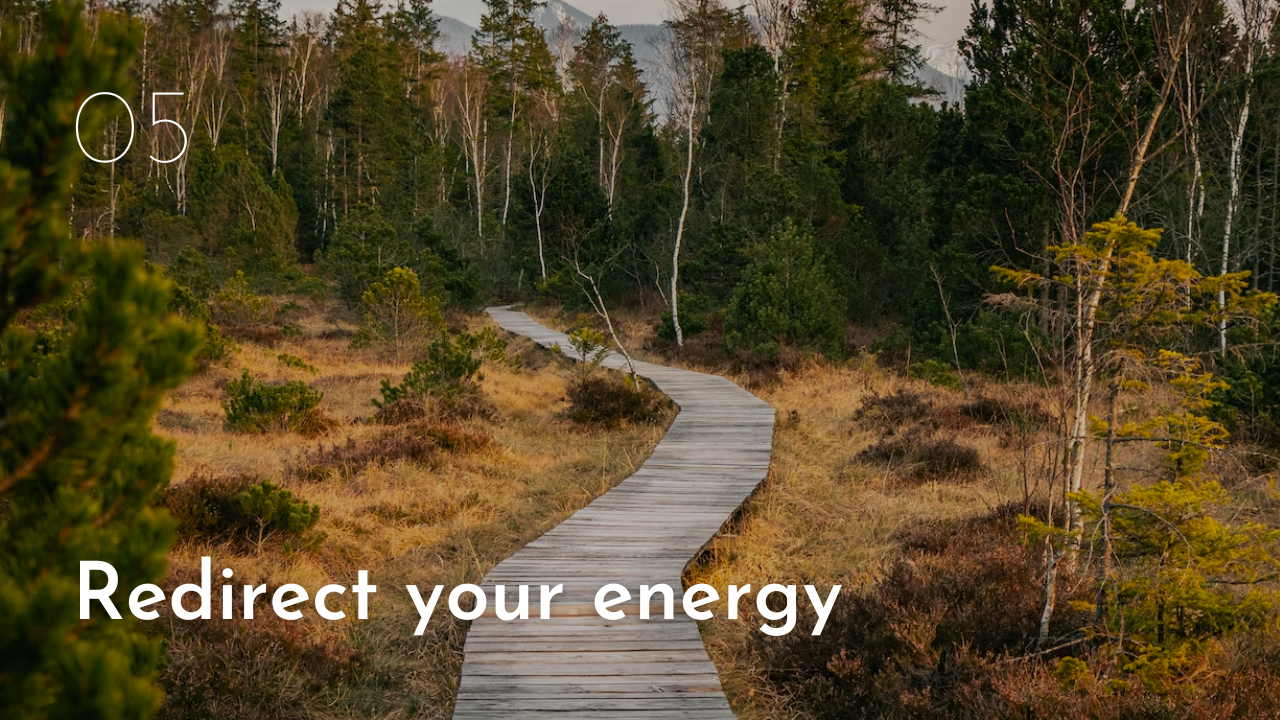
- How can you get more intentional and focused about where you direct your attention and energy? How can you be doing fewer things for more effect instead of doing more things with side effects?
All The Tools You Need
In every stage of your Leadership
We recommend approaching this work with a combination of solutions that treat symptoms of burnout (this will help create the clarity needed to do deeper work), get to tap root causes, and proactively prevent conditions from leading to burnout in the future at an individual and group level.

